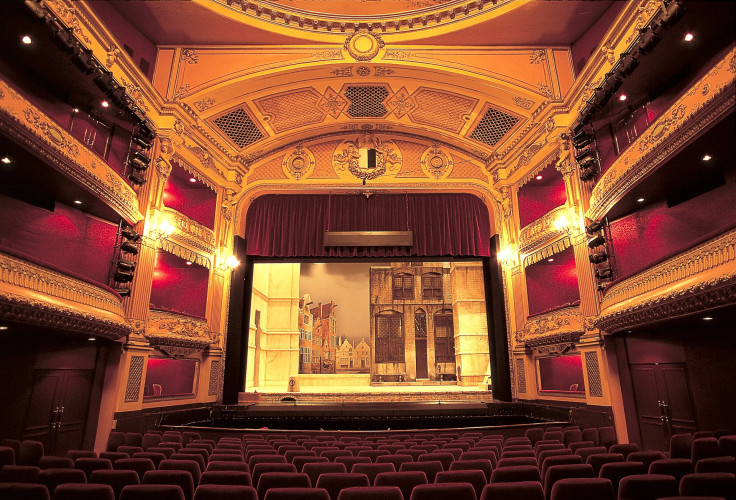From Wall Street To The Stage: Terence Ma's Journey To Resurrect The Art Of Bel Canto

Music serves as an exceptional tool for preserving cultural heritage and traditions, especially under the threats of globalization and modernization. Given this context, the importance of safeguarding social and cultural legacy through music continues to grow. The dwindling presence of the bel canto technique, a singing style that originated in the Middle Ages and resurged in the 16th and 17th centuries, underscores this endeavor's immense significance.
Derived from the Italian words "bel canto," which translates to "beautiful singing," this vocal technique refers to Italian singers' intricate singing style in art songs and opera. This singing style was popularized hundreds of years ago based on the purity and symmetry of tone production and the precise and agile use of the voice. Singers extensively used bel canto in both solo and polyphonic music and later developed it into what is now known as the Italian opera.
The bel canto style reached its zenith under the triumvirate of Gioacchino Rossini, Gaetano Donizetti and Vincenzo Bellini, who defined the destiny of Italian Opera. In essence, this singing technique immortalized the creative freedom, imagination and subjectivity highlighted during the Romantic era when singers were required to show a variety of expressions and seek perfection of tone, intonation, agility, elegance and control.
Regrettably, the bel canto technique's once-rich legacy is gradually dissipating, largely attributed to various factors like misinterpretations by musicians and lack of follow-through. Terence Ma, a multifaceted artist, made it his mission to reinvent the revered bel canto technique by adapting it into what he calls the tri-sensory technique. Ma's dedication to preserving this singing style results from the profound impact of mentorship and his relentless pursuit of artistic excellence.
Upon working at Wall Street and delving into the financial sector after years of musical training at an early age, the pianist and vocalist found an unshakeable yearning to immerse himself in the life of music and performance once again. His pivotal decision to embark on a soul-searching journey led him back to music. Determined to take complete control of his voice, mind and body, Ma engaged in rigorous training with experts in the music, fitness and science fields to discover their correlation. His efforts steered him toward a path of artistic fulfillment where he realized his life mission — to give performers the voice and confidence to unleash their ultimate potential. He later established Singing and Performance Art Athletics (SPAA).
Ma's training under the tutelage of Juilliard alumna Stella Xu, a distinguished classical piano instructor, laid the foundation for his musical prowess. The awards and accolades he received in his early years are a testament to his dedication to his craft and the guidance he received. However, his encounter with New York Univeristy-accredited master singing teacher Judy Hages, who specializes in various genres and is known for imparting the bel canto technique, marked a turning point in his life as he studied under her guidance for 17 years. Singing served as Ma's lifeline, anchoring him during the most tumultuous moments of his life.
The multifaceted artist's devotion to preserving the art of bel canto and his mentor's legacy drove him to rename the singing style into the tri-sensory technique. The name was inspired by the core elements of bel canto, which can be observed through sight, hearing and feeling. The vocal style embodies physical coordination similar to dance choreography, emphasizing subtle nuances between mouth shape, speed and core coordination. It also highlights controlled and intentional breath support to ensure a pure and consistent vocal sound across various vowels. His vision is to make this once-exclusive technique accessible to everyone, especially the future generations, by leveraging machine learning and sensor technology.
When asked about his future outlook following his journey, Ma answered, "I believe that there will be a societal shift wherein creative professions would hold more significance, especially as technology advances. Singing will not only be a form of self-expression but also a tool for branding and self-differentiation in such a competitive landscape." Essentially, the visionary believes integrating singing into personal branding will be pivotal for effective communication and lasting impact.
© Copyright IBTimes 2024. All rights reserved.











